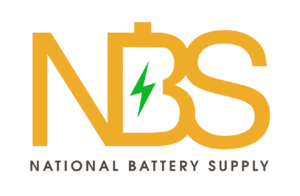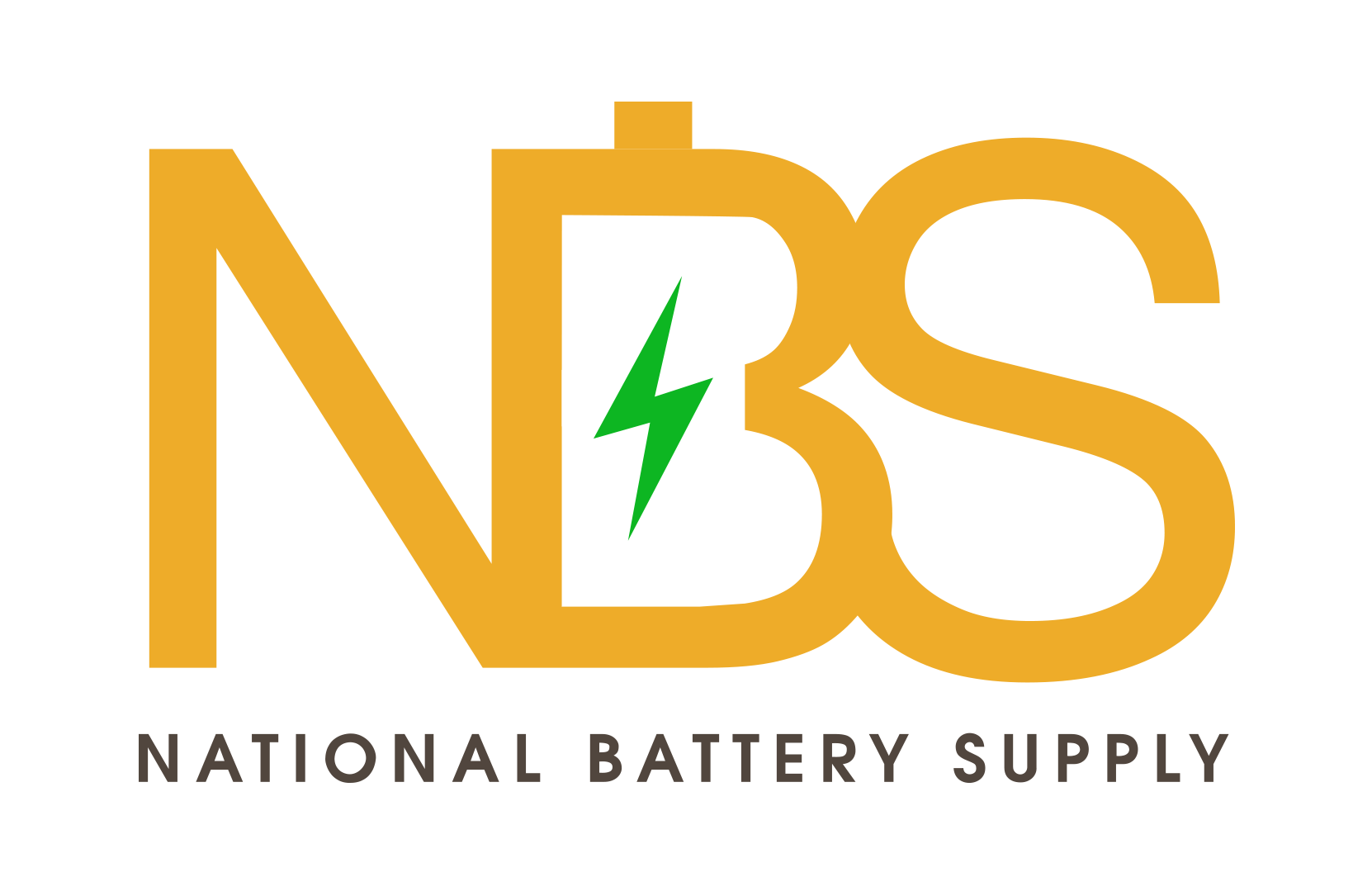- UEI: ZZVQCUPCGL3 CAGE: 9UK94
- +1 844-539-2555
- Sales@NationalBatterySupply.com
Energy Storage Systems
Energy Storage Systems
Top Features
- Increased reliability
- Reduced environmental impact
- User-Friendly Interface
- High efficiency
- Backup Power Capability
Summary
Energy storage systems are devices or technologies that can store energy in one form and then release it in another form at a later time. Energy storage systems can be used to store a variety of types of energy, including electricity, heat, and chemical energy.
Energy storage systems have a number of important applications, including:
Time shifting: Energy storage systems can be used to store energy during times when it is abundant and then discharge it during times when it is scarce. This can help to balance the supply and demand of electricity, and it can also help to reduce the cost of electricity.
Frequency regulation: Energy storage systems can be used to help regulate the frequency of the electricity grid. This is important for maintaining the stability of the grid and for preventing blackouts.
Back-up power: Energy storage systems can be used to provide back-up power during power outages. This can be important for homes, businesses, and critical infrastructure.
Renewable energy integration: Energy storage systems can be used to integrate renewable energy sources into the electricity grid. This is because renewable energy sources, such as solar and wind power, are intermittent, meaning that they do not generate electricity all the time. Energy storage systems can be used to store the electricity generated by renewable energy sources and then discharge it when needed.


Recent Posts
- How a Mini UPS Battery Backup Enhances Your Network, Security, and Communication Systems
- How Multi-Service Providers (MSPs & MVPDs) Can Expand Revenue with Portable Power, and Energy Storage Solutions
- Jolting the Electric Power Sector with Portable Power and Energy Storage Solutions
- Reliable Battery Backup Supporting UPS Batteries Under PSC 6140 and NAICS 33591
- Empowering Uninterruptible Power Supplies under PSC 6130 and NAICS 335999

National Battery Supply is a reputable manufacturer specializing in custom battery solutions. With over 20 years of experience, we can manage all your power needs.
Copyright 2025 © National Battery Supply | UEI: ZZVQCUPCGL3 CAGE: 9UK94

